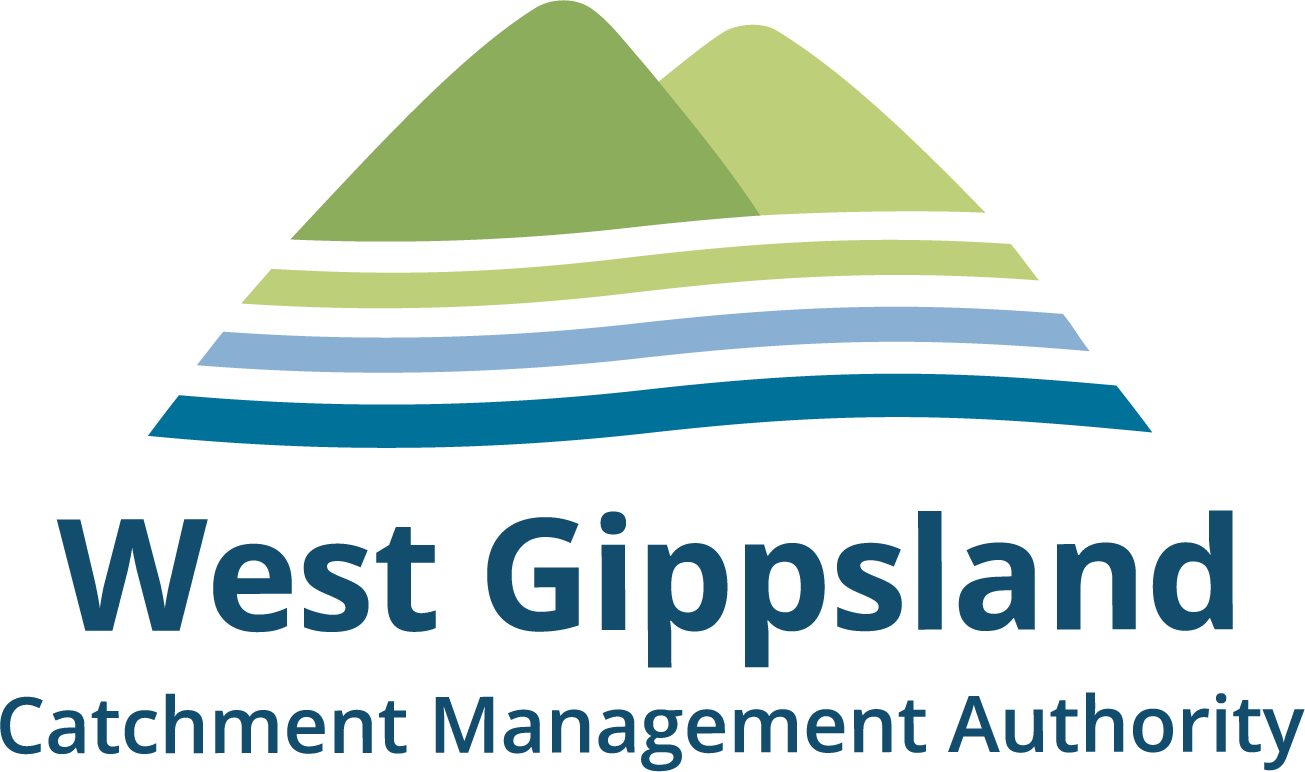The local experience of landholders, communities and government agencies working together to protect the Gippsland Lakes was recently shared with land managers from the Lake Limboto area of Indonesia.
Staff from the West Gippsland Catchment Management Authority’s (WGCMA) Land Management Team shared the story of improving waterway health over the last twenty years.
The workshops were organised by the Commonwealth Department of Agriculture, Water and the Environment (DAWE) as part of Australia’s MoU with Indonesia on sharing water knowledge and focussed on exchanging case studies on Lake Limboto in Indonesia and Lake Wellington and the Gippsland Lakes more generally.
Populated by subsistence farmers, the Lake Limboto area is affected by sediment and run off having a negative impact on waterway health.
“It was fascinating to see the challenges facing Indonesians which are in some ways similar to those faced here twenty years ago,” said Lands Program Coordinator with the WGCMA Anthony Goode.
“One of the major differences however is the scale of the population around Lake Limboto. Where we might work with a few hundred farmers working medium to large scale businesses, the Indonesian team works with thousands of smaller, subsistence farmers growing corn, avocados or working in aquaculture, so they are quite different approaches needed in the two environments.”
Shayne Haywood, Manager of WGCMA’s Land and Biodiversity Team also joined Anthony Goode to discuss how Gippsland farm businesses have been assisted to change practices. Examples included reducing run off from paddocks entering waterways to mitigate negative impacts on the Gippsland Lakes.
“Initiatives include whole farm plans, which help farmers design the most effective ways to irrigate and save water. Incentives to develop re-use dams where irrigation water that runs off paddocks is stored and re-used rather than allowed to flow into drains and then into the Lakes. Assistance to switch to more efficient irrigation techniques, save water and reduce run off were all discussed and explored,” added Anthony.
“These type of interventions over twenty or so years have seen significant water savings, reduction in nutrients flowing into the Lakes and increased profitability of farm businesses.”
The Indonesian delegates to the online forum were interested to hear more detail on a range of subjects ranging from data management and decision processes to measuring the success of projects over several years.
“They were certainly asking some tough questions by the end, which is great and encouraged us to reflect on both the progress of our work so far and how we might improve it into the future. One of the key aspects of all the work we do are the relationships we have been able to build up over many years with landholders, other government bodies and people like farm consultants to help drive and reinforce the constant need to keep on the path we’re on,” concluded Anthony.




